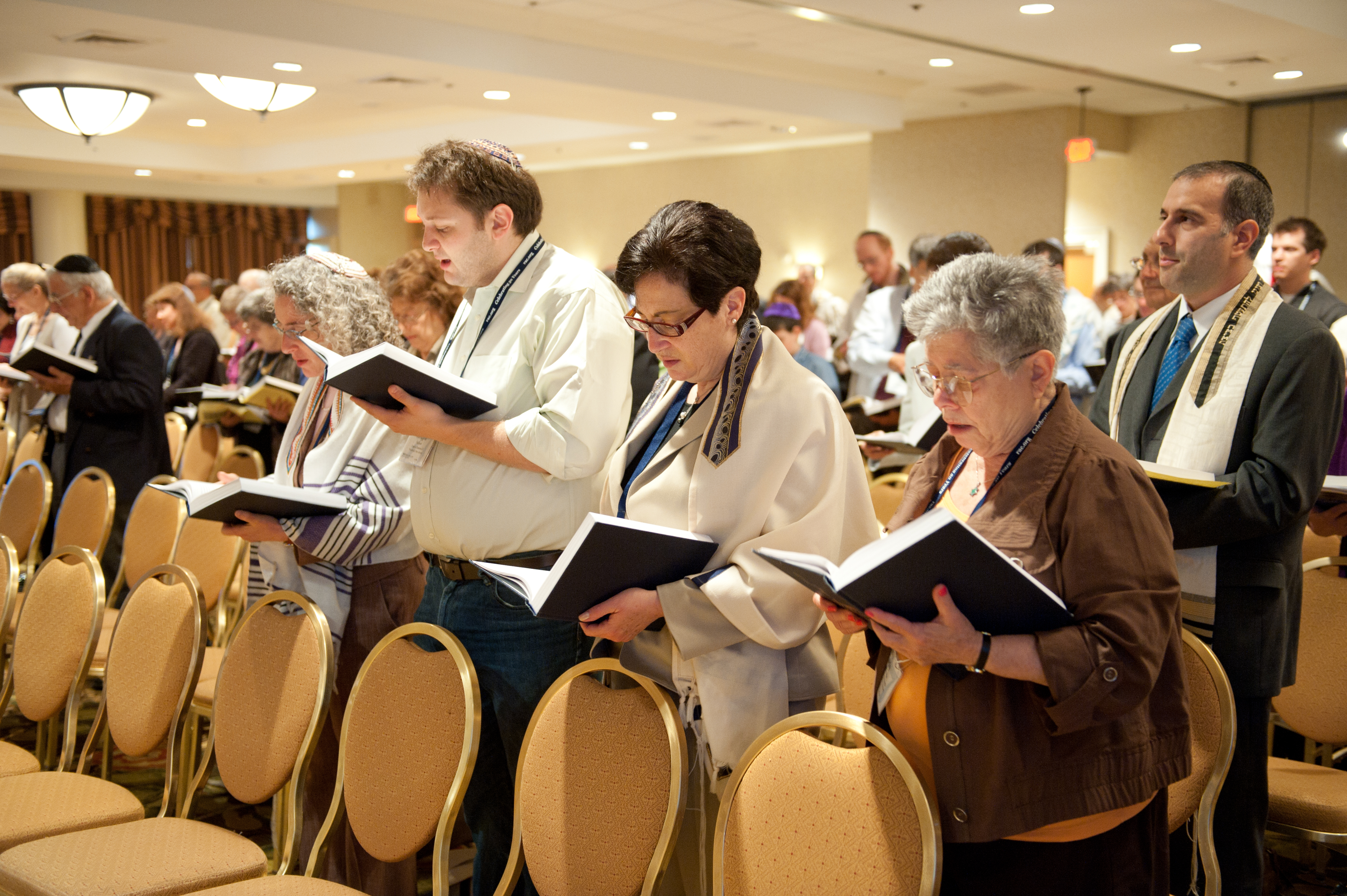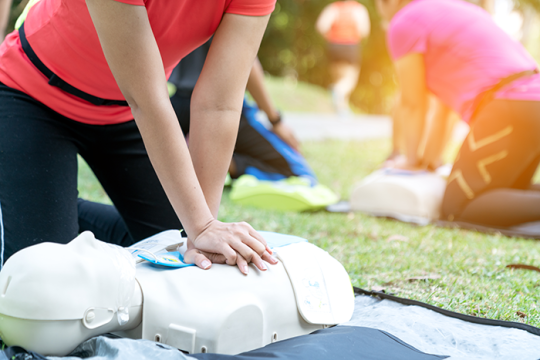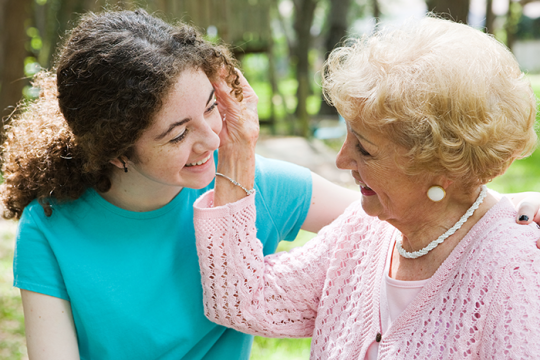
A friend of mine recently had a health scare: an abscess became an infection which led to sepsis. When talking with her, I asked her if she would like me to pray for her. "Well," she said, smiling, "It can't hurt, [and it] might help!"
The reality is, one never knows whether someone else is suffering from an acute illness. A broken leg is obvious; a broken spirit, not so much. Many of us contend with invisible illnesses, whether physical, such as Multiple Sclerosis or chronic migraines; or mental, like anxiety or schizophrenia.
I experience a number of health challenges every day, and work to reconcile my illness and my health. I am not just one thing - bipolar with chronic fatigue - nor am I without hurt. I am the sum of all my experiences, difficult and joyful.
So many of us have chronic illnesses. Where is G-d?
Prayer hasn't "fixed" me. As a rabbi and a person, my relationship with G-d is complicated, paradoxical, hopeful, angry, and desperate. I am an adult; I do not see G-d as a cosmic vending machine, wherein I put in a prayer (or a deed or a mitzvah) and out comes a cure. I believe in hashgacha pratit, Divine Providence, but I do not believe that means I can manipulate G-d into granting my requests. Nor do I believe that "everything happens for a reason." Some things just happen, and we have to figure out how to live with them.
And yet, I continue to pray for family and friends who are ill. We say a and I speak their names quietly, lovingly. I am moved when others pray for me, either when we are tougher, or in shul.
The Mi Shebeirach speaks of refu'ah shleimah, a complete healing, both "healing of the soul" and "healing of the body." Most of us need both.
But if prayer doesn't work miracles, what is the point?
The Hebrew word "to pray" is להתפלל/ l'hitpalel. From this word we get t'filah - prayer, often referring to the prayer, the (standing prayer).
The form of the verb is puzzling, but the grammar may be pointing us to the true nature of prayer: it is in the reflexive form. Hebrew words are based on three-lettered roots, and in this case the root of the verb (פלל) connotates digging, thinking, and even rendering judgement. When we pray, ideally, we take that root of pondering and turn it on ourselves. Praying is looking within. We stand silently, alone or as a community, and contemplate ourselves. We use the words on the page, the words of Jewish tradition, as a way of joining with other Jews in time and space. And we also use the words to help us sort out our souls. Prayer changes not so much our life activities and challenges as might change the ones who pray.
Think of the t'filat ha'derech, the prayer for travelers. Before going on a long trip or a potentially dangerous one, we might have an (be called to the Torah), for a special Mi Shebeirach for those going on a journey. Then, as we step into the car, onto the plane, or into the canoe, we say the traveler's blessing. We ask for safe passage, for protection from danger and disaster, and for blessings on their work. We ask for peace. The prayer ends "Blessed are you, the Eternal, who listens to prayer."
There it is, right in the language of the blessing: G-d hears prayer!
And yet, we do not rely solely on divine providence to keep us safe. We obey traffic laws and wear masks on planes. We do not drink and drive. We wear our seatbelts.
G-d may be listening to my prayer, but I have to do my part as well.
For me, praying for someone is an act of love. I hold them in my hands and my heart, speaking their names. I say their names out loud, so that they can hear and care for them. I offer them up to G-d, to be helped and healed - to feel less alone, to feel Divine Compassion, and to know they are part of a group larger than themselves.
Really, isn't that what we need? A community who will help us when we are hurting - offering support materially, physically, and emotionally. It's not magic, but our words and prayers can make a difference. It means we are noticing those who are ill, whether they are physically or mentally ill, which can move us to actions (like bringing food and giving rides). And the prayer? It allows us to think of those we love who are ill, and give our hopes up to G-d.
And so, during prayer, I think of those who are ill. I close my eyes and picture them. I then gently and deliberately place them in G-d's hands.
Related Posts

Sacred Spaces, Sacred Responsibility: Practical Lifesaving Steps

The Jewish Approach to the Male Loneliness Epidemic

